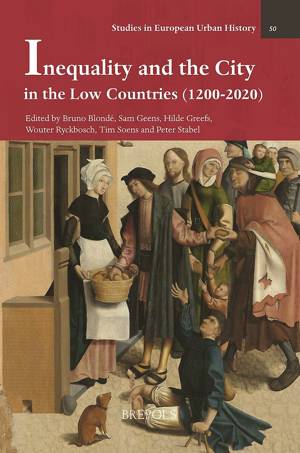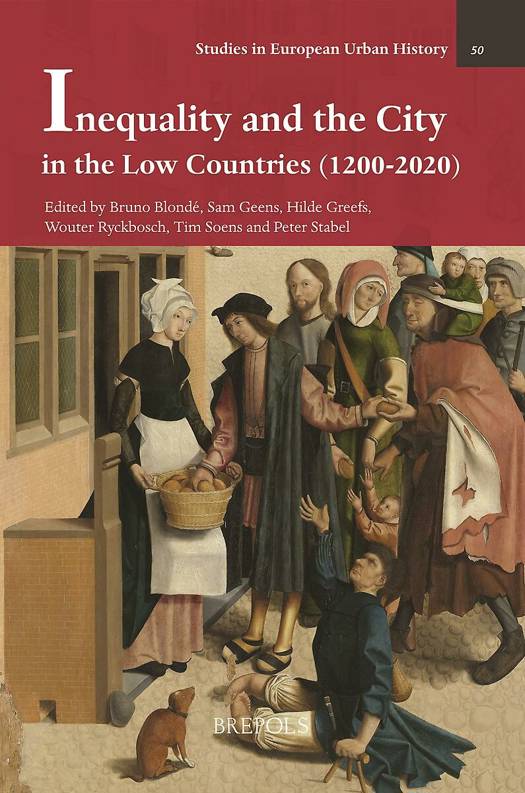
Bedankt voor het vertrouwen het afgelopen jaar! Om jou te bedanken bieden we GRATIS verzending (in België) aan op alles gedurende de hele maand januari.
- Afhalen na 1 uur in een winkel met voorraad
- Gratis thuislevering in België
- Ruim aanbod met 7 miljoen producten
Bedankt voor het vertrouwen het afgelopen jaar! Om jou te bedanken bieden we GRATIS verzending (in België) aan op alles gedurende de hele maand januari.
- Afhalen na 1 uur in een winkel met voorraad
- Gratis thuislevering in België
- Ruim aanbod met 7 miljoen producten
Zoeken
€ 111,30
+ 222 punten
Omschrijving
Social inequality is one of the most pressing global challenges at the start of the 21st century. Meanwhile, across the globe at least half of the world's population lives in urban agglomerations, and urbanisation is still expanding. This book engages with the complex interplay between urbanisation and inequality. In doing so it concentrates on the Low Countries, one of the oldest and most urbanised societies of Europe. It questions whether the historic poly-nuclear and decentralised urban system of the Low Countries contributed to specific outcomes in social inequality. In doing so, the authors look beyond the most commonly used perspective of economic inequality. They instead expand our knowledge by exploring social inequality from a multidimensional perspective. This book includes essays and case-studies on cultural inequalities, the relationship between social and consumption inequality, the politics of (in)equality, the impact of shocks and crises, as well as the complex social relationships across the urban network and between town and countryside.
Specificaties
Betrokkenen
- Auteur(s):
- Uitgeverij:
Inhoud
- Aantal bladzijden:
- 414
- Taal:
- Engels
Eigenschappen
- Productcode (EAN):
- 9782503588681
- Verschijningsdatum:
- 8/10/2020
- Uitvoering:
- Hardcover
- Formaat:
- Genaaid
- Afmetingen:
- 185 mm x 259 mm
- Gewicht:
- 1020 g

Alleen bij Standaard Boekhandel
+ 222 punten op je klantenkaart van Standaard Boekhandel
Beoordelingen
We publiceren alleen reviews die voldoen aan de voorwaarden voor reviews. Bekijk onze voorwaarden voor reviews.












